“He was glad that he liked the country undecorated, hard, and stripped of its finery. He had got down to the bare bones of it, and they were fine and strong and simple.” – Kenneth Grahame, The Wind in the Willows
Now that a few frosts have left Stonegate “stripped of its finery”–its green, biomolecular skin turned to mush–the farm has begun its swift and certain journey towards oblivion.
The lurking cold has crept into beds of greens, transforming tender leaves and stalks into slack ribbons of decay. Once-radiant stands of cut flowers that persisted all season have been hung up and dried; vibrant Jezebels of seductive color forced to put on their veils.
It’s reassuring to see that the bees, despite their roving wildness, have done some good cognitive mapping of the property and know where the food and shelter is. They’re now huddled in the walled, hexagonal darkness of the hive, forming winter clusters around their queens.
The chickens, too, are spending more time cooped up, heading out only occasionally to peck at fallen fruit or frozen bugs. On cold days–besides the wood smoke curling into the sky, or clouds of brittle leaves scattering about–they’re the only thing moving.
November is post-mortem time. Time to sort through the pathology of what did or didn’t work this season, what grew well, what failed to deliver.
Seed packets are always as full of promise as they are seeds.
Flower and vegetable annuals live out a lifetime in a few months–birth, growth, decline, death. A nicely-framed physiological snapshot compared to us. Plants may not have consciousness as we know it, but they can tell us something deep about living. Free from the existential burden of defining themselves, they just are.
We, on the other hand, are obsessed with self-definition–more than ever in a hyper-connected social-media world, where fretting about on-line likes, tweets and posts are a form of virtual affirmation, and seem to give distorted meaning to it all.
Just being used to be enough, to “tramp a perpetual journey,” as Whitman said, but sit in an airport, a bar or a café, or even walk down the street these days and you’ll see that everyone is somewhere else, no one is present.
Wherever we go, it seems, there we aren’t.
One thing farming asks of you, besides considerable patience and humility, is to be present, to be deeply engaged in the physical world. There’s no other way to do it. For me, this little farm keeps it real.
Photography by Matthew Benson Foto
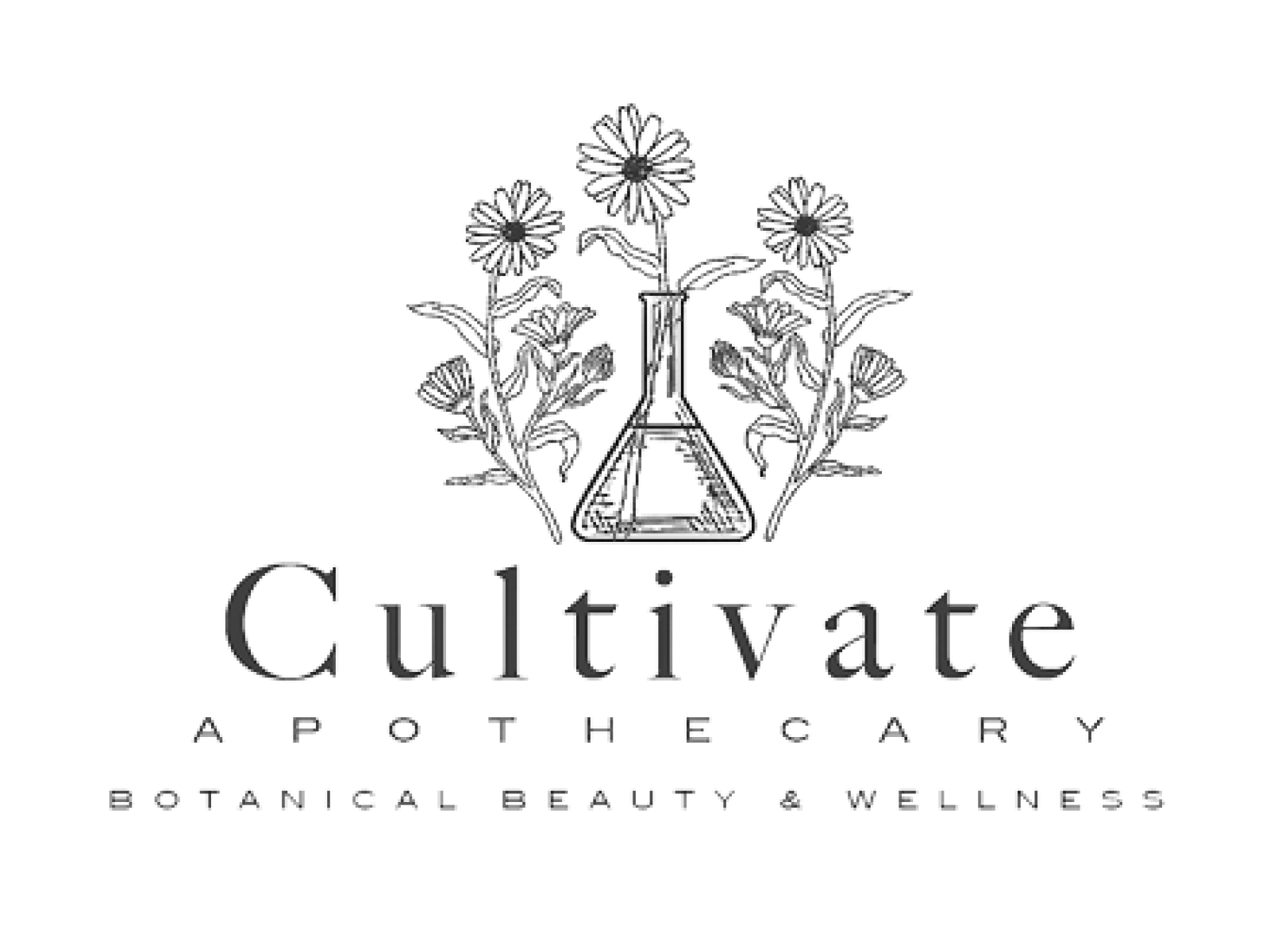
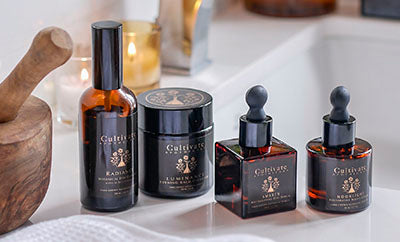


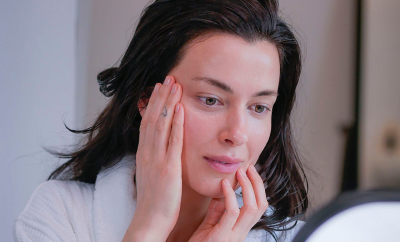
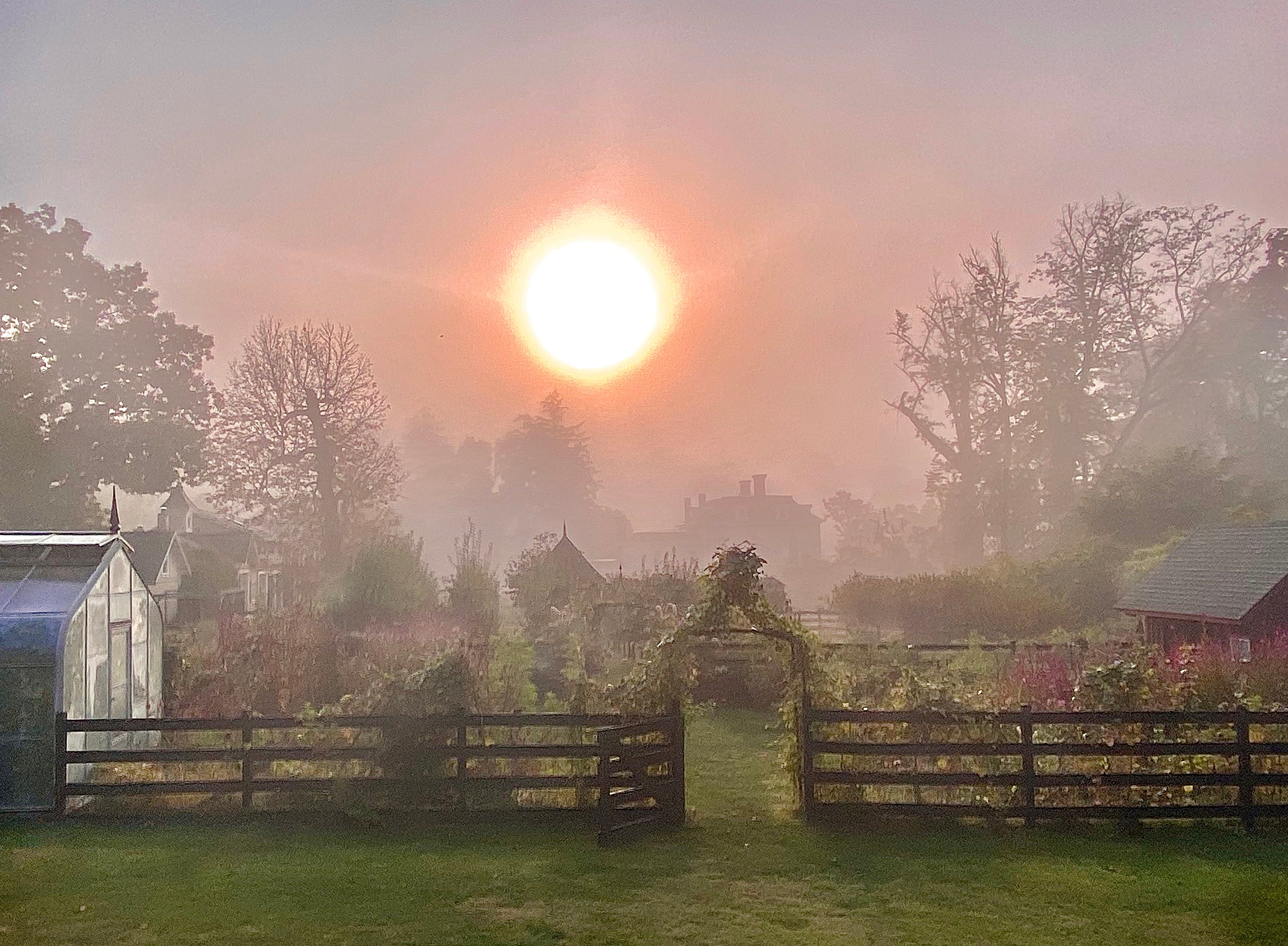
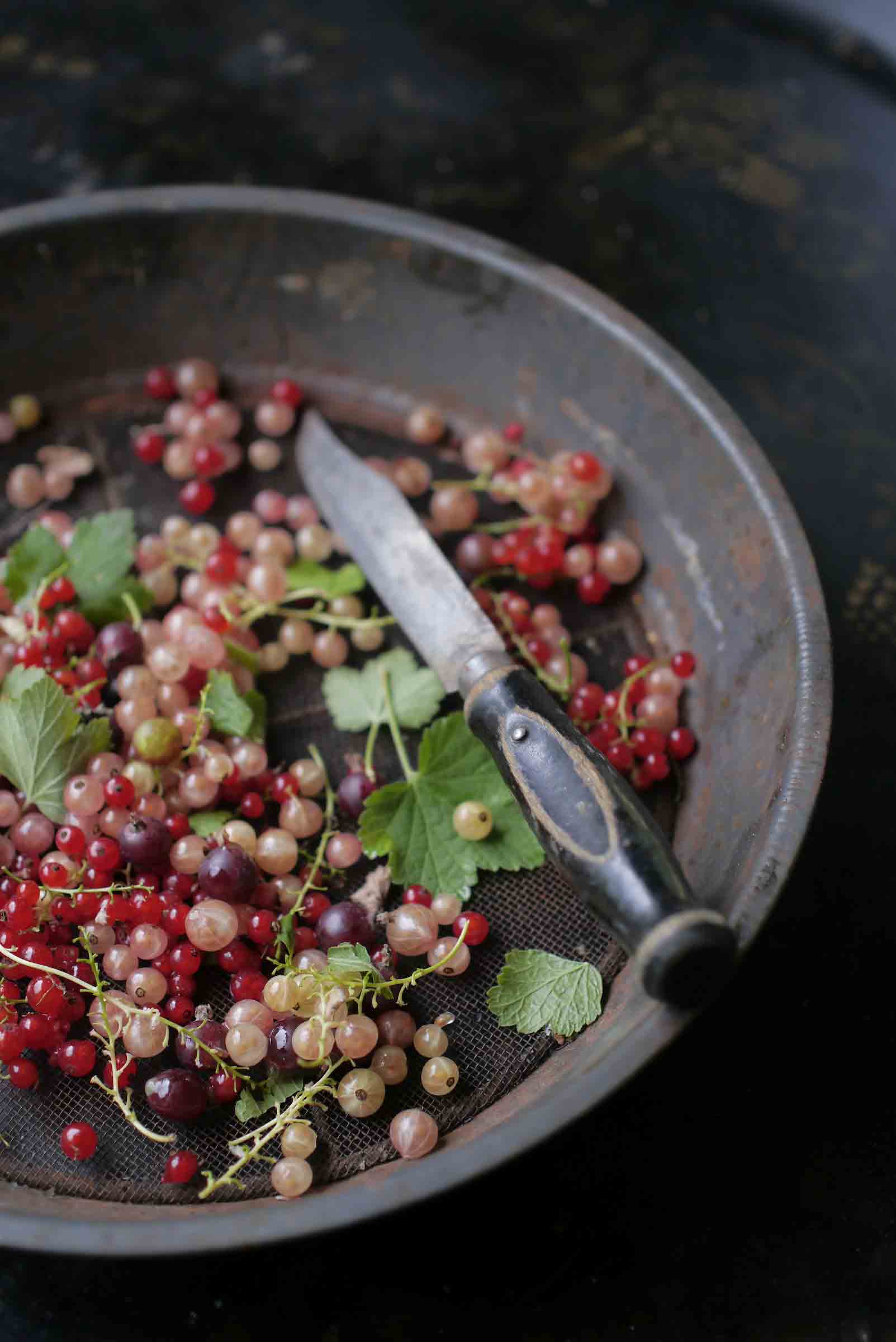
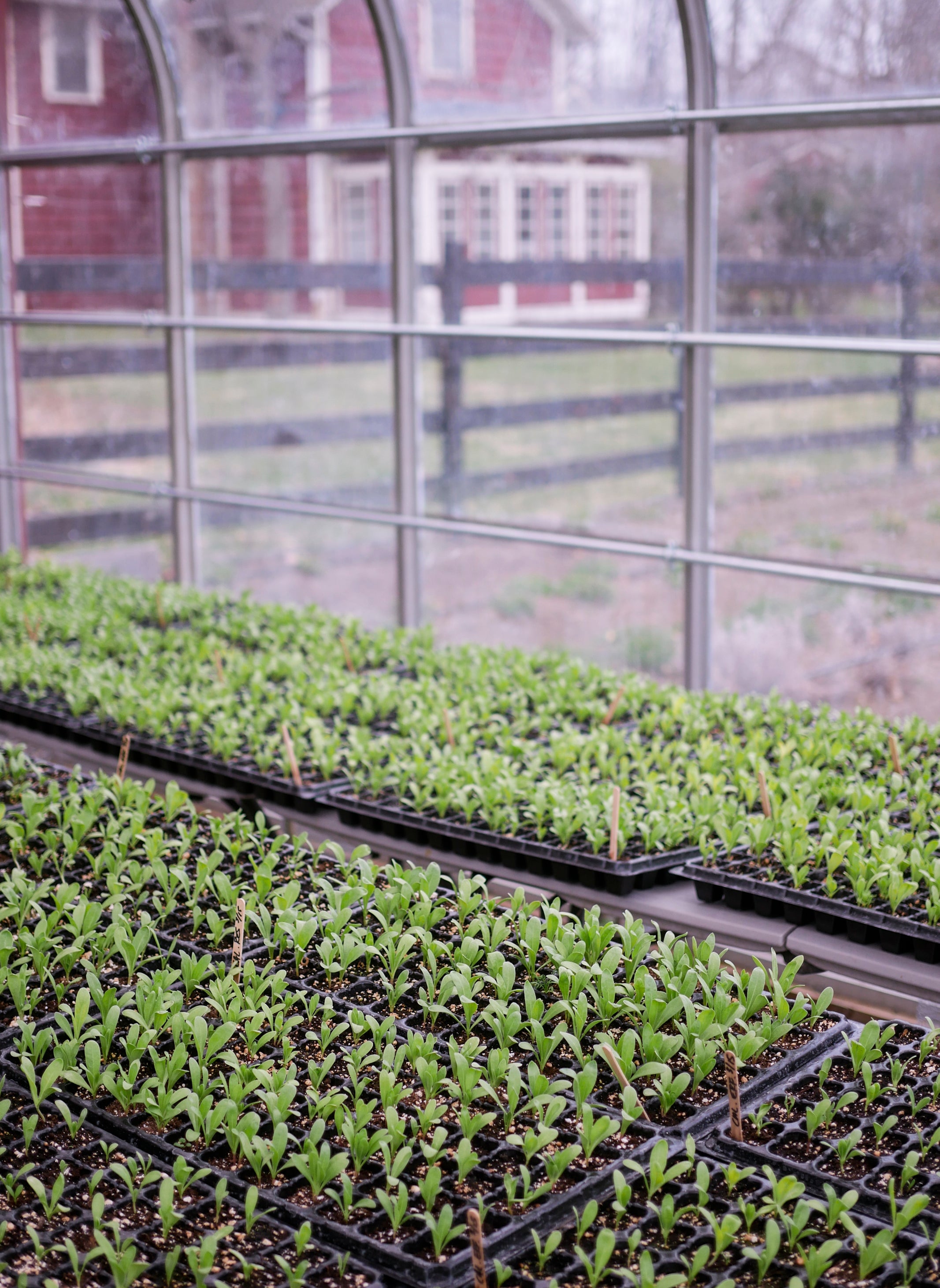
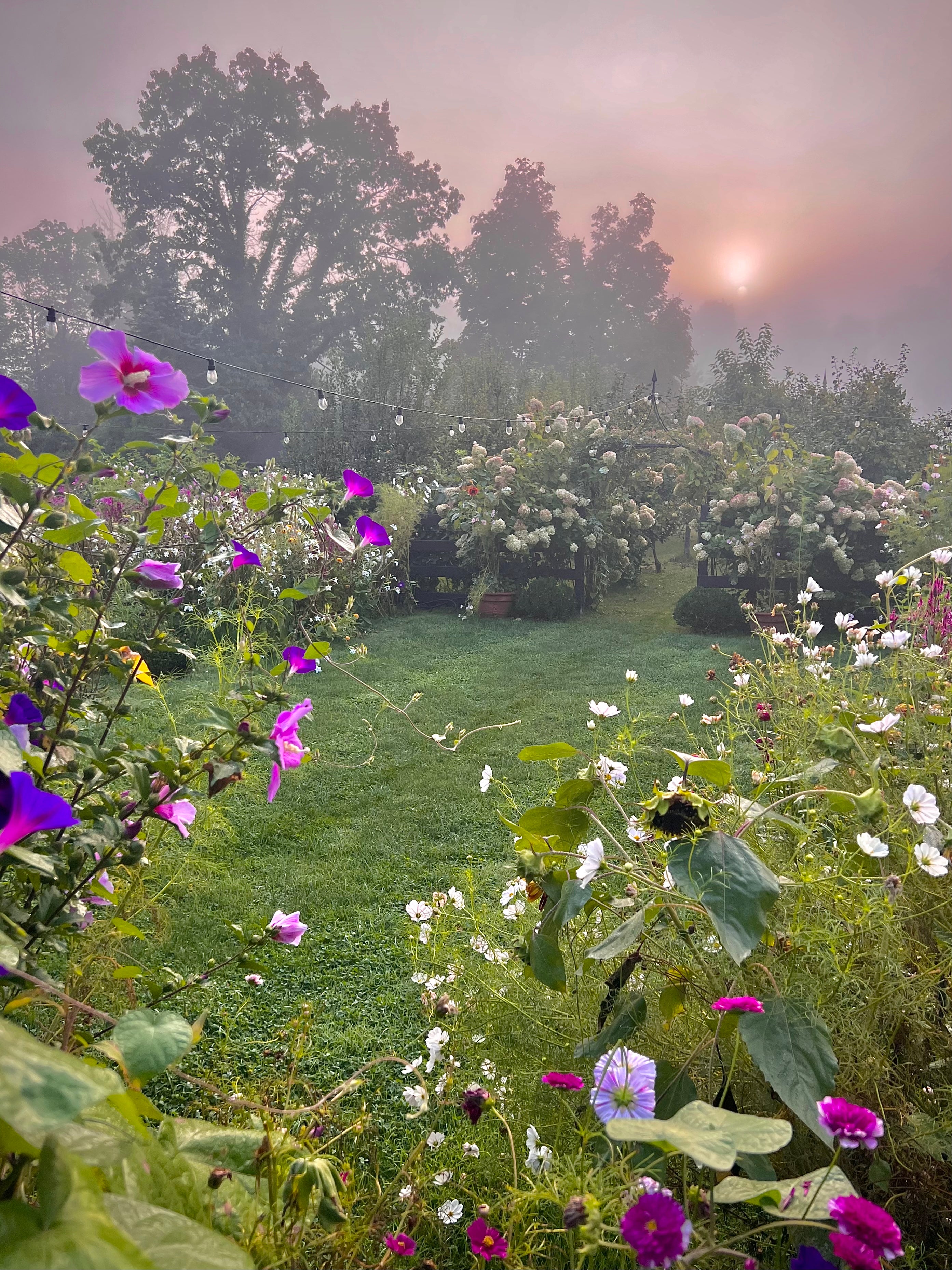
Leave a comment